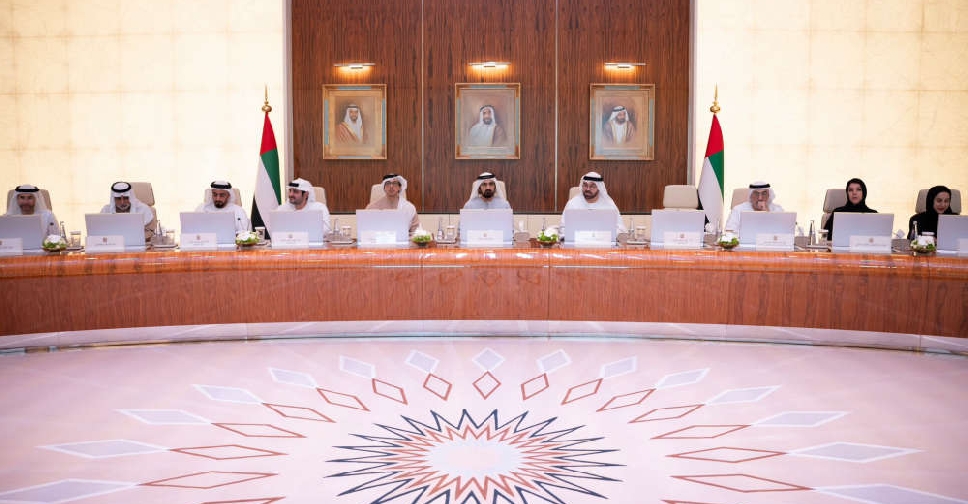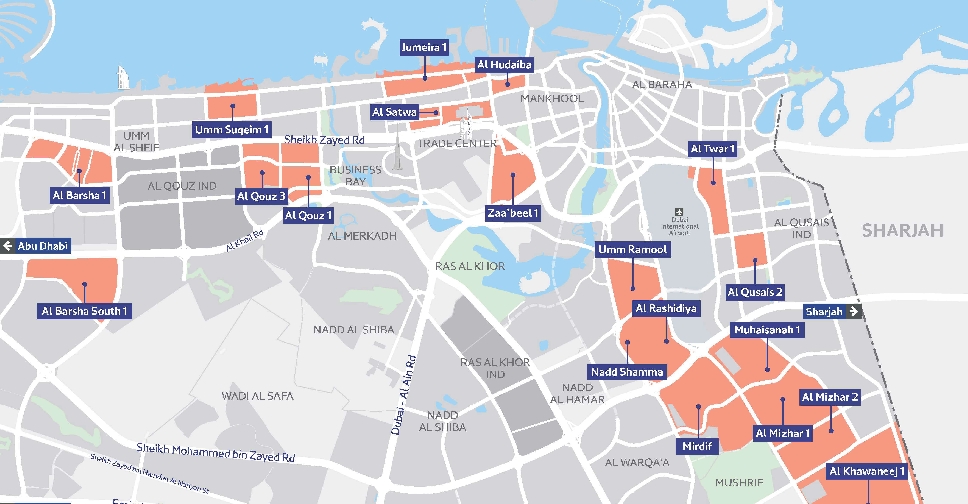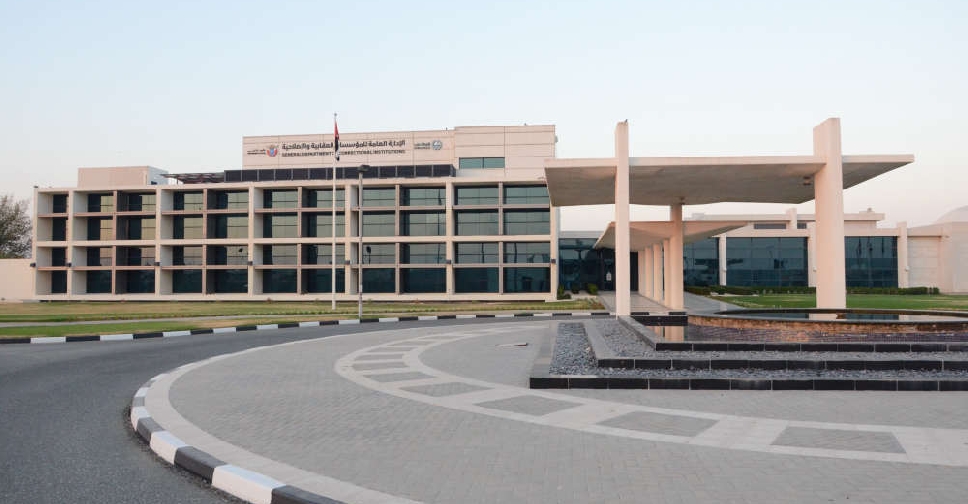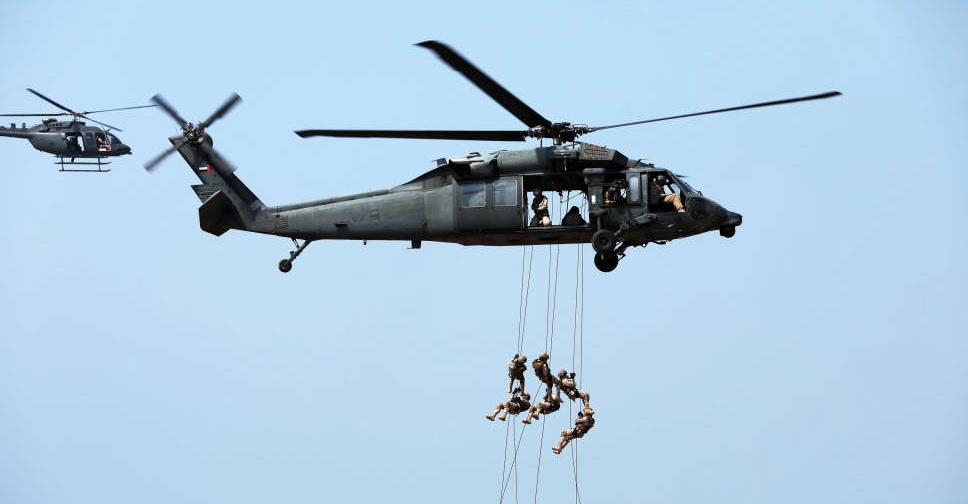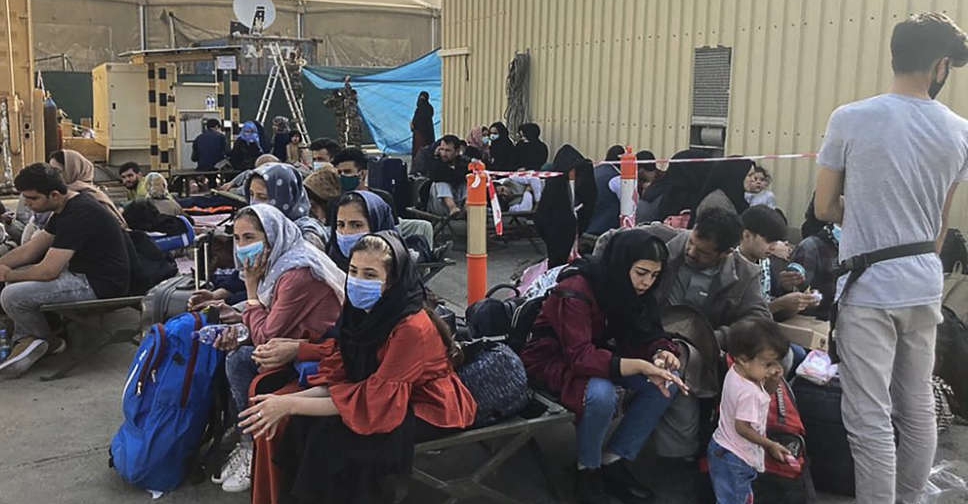
More than 2,200 diplomats and other civilians have been evacuated from Afghanistan on military flights, a Western security official told Reuters on Wednesday, as efforts gathered pace to get people out after the Taliban seized the capital.
The Taliban have said they want peace, will not take revenge against old enemies and would respect the rights of women within the framework of Islamic law. But thousands of Afghans, many of whom helped US-led foreign forces over two decades, are desperate to leave.
"We are continuing at a very fast momentum, logistics show no glitches as of now and we have been able to remove a little over 2,200 diplomatic staff, foreign security staff and Afghans who worked for embassies," the Western security official said.
It was unclear when civilian flights would resume, he said.
The official did not give a breakdown of how many Afghans were among the more than 2,200 people to leave nor was it clear if that tally included more than 600 Afghan men, women and children who flew out on Sunday, crammed into a US military C-17 cargo aircraft.
The Taliban, fighting since their 2001 ouster to expel foreign forces, seized Kabul on Sunday after a lightning offensive as US-led Western forces withdrew under a deal that included a Taliban promise not to attack them as they leave.
US forces running the airport had to stop flights on Monday after thousands of frightened Afghans swamped the facility looking for a flight out. Flights resumed on Tuesday as the situation came under control.
As they consolidated power, the Taliban said one of their leaders and co-founders, Mullah Abdul Ghani Baradar, had returned to Afghanistan for the first time in more than 10 years. A Taliban official said leaders would show themselves to the world, unlike in the past when they lived in secret.
"Slowly, gradually, the world will see all our leaders, there will be no shadow of secrecy," the senior Taliban official told Reuters.
As Baradar was returning, a Taliban spokesman held the movement's first news briefing since their return to Kabul, suggesting they would impose their laws more softly than during their earlier time in power, between 1996-2001.
"We don't want any internal or external enemies," Zabihullah Mujahid, the Taliban's main spokesman, told reporters.
Women would be allowed to work and study and "will be very active in society but within the framework of Islam", he said.
During their rule, also guided by sharia law, the Taliban stopped women from working. Girls were not allowed to go to school and women had to wear all-enveloping burqas to go out and then only when accompanied by a male relative.
Ramiz Alakbarov, U.N. humanitarian coordinator for Afghanistan, told Reuters in an interview the Taliban had assured the United Nations it can pursue humanitarian work in Afghanistan, which is suffering from a severe drought.
The European Union said it would only cooperate with Taliban authorities if they respected fundamental rights, including those of women.

 Father, stepmother convicted of 10-year-old girl's murder after UK trial
Father, stepmother convicted of 10-year-old girl's murder after UK trial
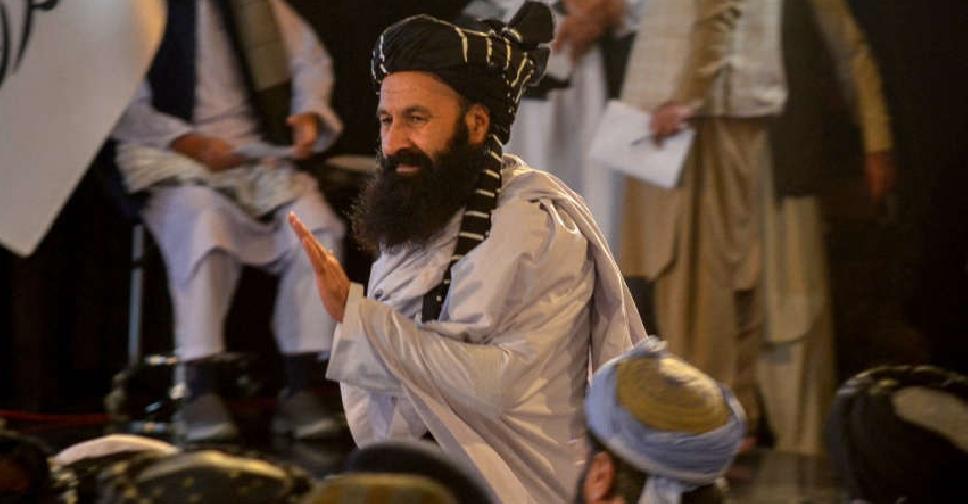 Afghan Taliban's refugees minister killed in Kabul blast
Afghan Taliban's refugees minister killed in Kabul blast
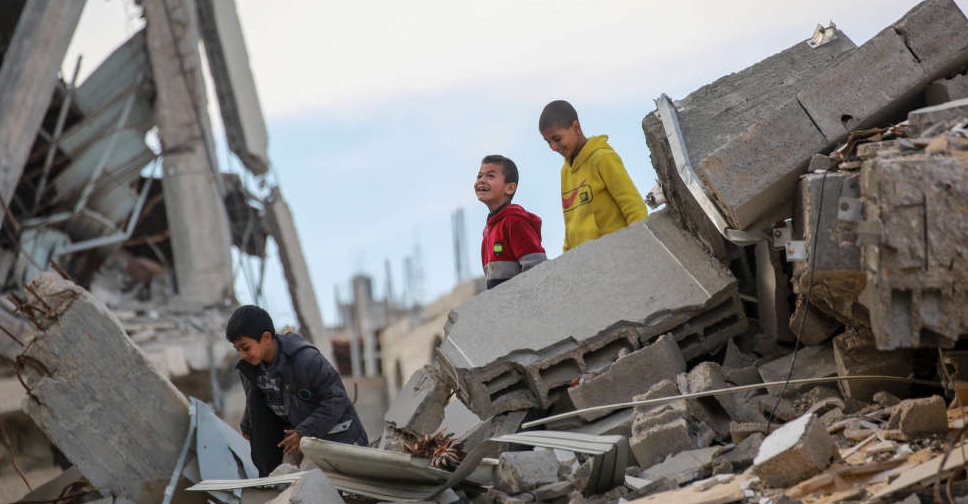 At least 33 dead after Israeli strikes in Gaza
At least 33 dead after Israeli strikes in Gaza
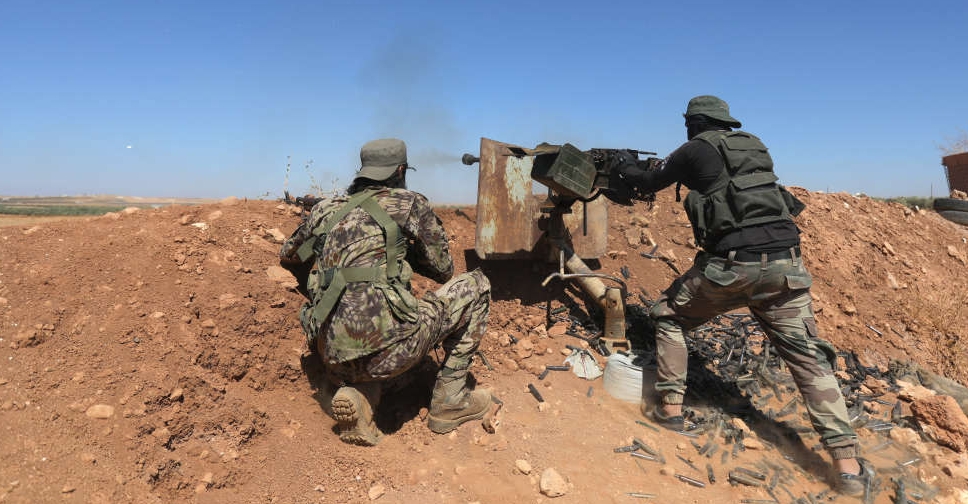 Turkish-backed rebels take control of Syria's Deir ez-Zur
Turkish-backed rebels take control of Syria's Deir ez-Zur
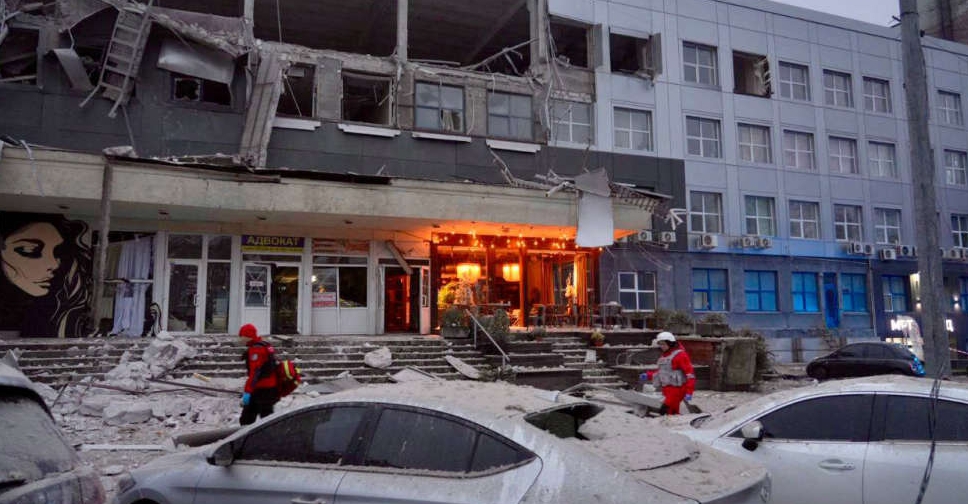 Death toll from missile attack on Ukraine's Zaporizhzhia rises to six
Death toll from missile attack on Ukraine's Zaporizhzhia rises to six
